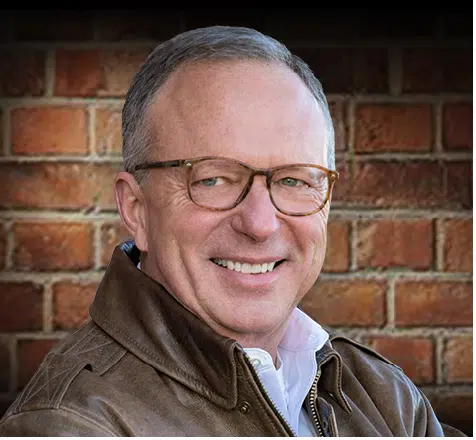By Steve Holland and Trevor Hunnicutt
VILNIUS (Reuters) – President Joe Biden will tout diplomatic victories in war-weary Europe when he speaks at a NATO summit on Wednesday, celebrating the unity of the U.S.-led alliance over Ukraine as a promise to restore a divided world.
Speaking in Lithuania at the end of an eventful two-day meeting on Russia’s doorstep, Biden plans to highlight new assistance for Ukraine and the U.S. role in ushering Sweden into the military alliance despite divisions among Western governments over how to bring the war in Ukraine to an end.
Biden’s speech means to rally allies and showcase his role on the world stage ahead of a 2024 re-election campaign focused on healing divisions at home and abroad.
He plans to tell world leaders in the speech “we’re at a high point of allied unity coming out of the summit and how we’ve rallied the world to support the people of Ukraine,” a White House official said.
The president will stress that “it’s important to build on that unity to tackle other important challenges … such as climate change, emerging technologies and threats to the rules-based international order,” the official said.
Despite the positive message, U.S. officials privately struggled with their counterparts in Vilnius to forge a consensus on where the war was headed, how to bring it to a close and what assurances to give Ukraine about its future in the Atlantic military alliance, according to four NATO diplomats involved in those conversations.
Ukraine, seeking an invitation to join NATO or at least a specific timetable for accession, received neither. NATO allies, instead, agreed that Ukraine would join eventually, when “allies agree and conditions are met,” their statement said but offered no details on when, if ever, Kyiv would meet such conditions.
Before leaving the United States to attend the summit, Biden bypassed allies’ concerns about approving cluster munitions for Ukraine to battle Russia.
CONTRAST WITH TRUMP
In an implicit contrast with former President Donald Trump, Biden made Washington, by far the largest contributor to the alliance, a driving force for strengthening the group. Trump – the Republican front-runner to challenge Biden, a Democrat, in the November 2024 election – considered pulling out of the defense pact founded at the onset of the Cold War in 1949.
Ivo Daalder, president of the Chicago Council on Global Affairs, said Russia’s invasion was the driving force for Sweden to join NATO.
But he added that Biden’s “pretty important” diplomatic role was critical in ending Turkey’s opposition, for instance in addressing Ankara’s objection over the wording of geographic locations such as Cyprus that had held up approval of the alliance’s new regional defense plans.
“The unheralded story of … this president is that he demonstrates the capacity to walk and chew gum at the same time. He has strengthened alliances in Europe and across Asia in a way that frankly, no other president has, certainly since the end of the Cold War,” Daalder said.
Most Republicans seeking to unseat Biden have largely kept silent about Biden’s performance during the NATO summit, suggesting they see little to gain by criticizing him. There is broad unity in the United States behind Washington’s approach to the Russian invasion 500 days ago, polls show.
Trump has long admired Russian President Vladimir Putin and has expressed skepticism of extended U.S. involvement in the Ukraine war; on Tuesday he criticized Biden’s decision to send munitions to Ukraine.
Trump faces an open primary against candidates including former Vice President Mike Pence and onetime U.N. ambassador Nikki Haley, who have pushed for greater support of Ukraine. Haley on Tuesday criticized the NATO alliance and Biden for not committing to add Ukraine.
(Reporting by Steve Holland in Vilnius, Lithuania, and Trevor Hunnicutt in Washington; Additional reporting by Jonathan Landay, Sabine Siebold, Andrew Gray and John Irish; Editing by Heather Timmons and Howard Goller)




